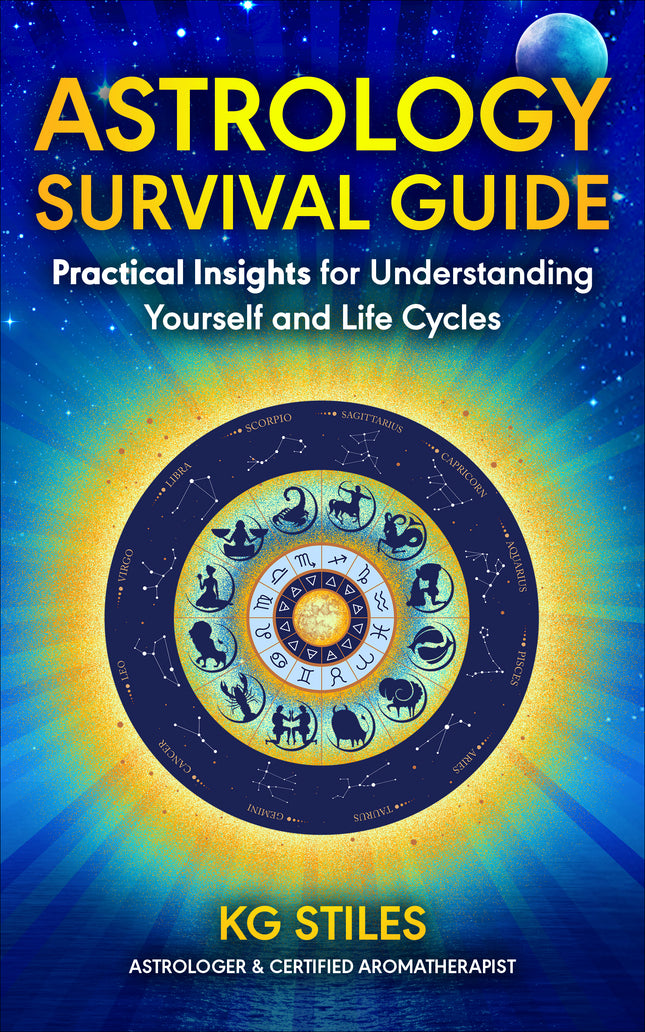 Organic has become the rage in essential oils.
Organic has become the rage in essential oils.
I used to believe organic was better, but then I discovered the truth.
At first, like everyone else, when organic oils became more available for purchase on the world market I sought them out. I’ve always wanted to use and provide only the finest quality pure essential oils available.
The reason I got into the aromatherapy trade as a retailer of oils to start with was the lack of availability of pure unadulterated essential oils.
After suffering from a 10 year disability for which nothing would help, including allopathic and holistic health modalities. As a matter of fact I just kept getting worse. And, spending tens of thousands of dollars trying an endless array of solutions I decided to get very quiet within and seek the counsel of my own wise inner healer, my intuition.
During my long road of recovery essential oils became one of my greatest allies and trusted friends, not just for my physical body ailments, but for my emotional and mental health, as well.
The truth is that most retailers of essential oils know very little, if anything, about essential oils. That may be a sad statement, but true. There’s so much hype with little or nothing to substantiate evidence in many cases. Most people recite information about what they’ve read or heard, but have little practical experience using oils effectively with good results.
As an example, a large supplier of certified organic oils contacted me and asked to send me samples. To which I agreed. I received my 1 ml samples, not in the customary perfume or tiny dispensing vial, but in 5 ml euro-dropper sized bottles. The oils had already become degraded through oxidation. This large supplier of certified organic oils obviously knew nothing about the essential oils he was selling.
This gave me pause to re-consider certified organic oils being an absolute standard for procuring my oils.
The standards I first look for when purchasing an essential oil are purity and aroma quality.
GC/MS Analysis Gold Standard of Purity
GC/MS testing assures purity. However, the report must be read by an experienced aroma chemist.
An experienced and knowledgeable aromatherapist can tell if the key chemical constituents are in an oil for therapeutic effects when reading a GC report, but unlikely to be able to assess adulteration which can be very difficult, or even impossible to detect.
Not all GC/MS reports are created alike.

The GC analysis is only as good as the library of GC reports contained in the Gas Chromatography–Mass Spectrometry (GC-MS) instrumentation used for the test.
The aroma chemist compares the reports to others contained in the GC/MS instrumentation library to discover minuscule variations that expose adulteration.
So you can see the library of GC reports contained with the GC/MS instrumentation, along with an experienced aroma chemist's ability to analyze the report are both necessary to assure purity.
For years I’ve worked with only the world’s best aroma chemists who have access to the world’s largest data base for analytical reports on essential oils.
These two elements are the foundation for assuring that an essential oil is pure. Though I might add the testing reports for essential oil purity continues to evolve for an even finer analysis of the oils.
The next thing to assess is the aroma profile. An oil can be pure, but lack the aromatic quality that makes it pleasing to the senses, as well as its capacity to synergize well in a blend. The aromatic quality ensures that an oil will mature and improve with age, like fine wine. Except for the more volatile oils which have a shorter shelf life, notably citrus oils which are the most volatile.
To reduce oxidation I always recommend refrigerating your citrus oils and blue oils to retain their vibrant color. If stored properly your essential oil investment will only gain in value! More about this in another blog perhaps, if there’s interest? Let me know by leaving a comment.
I also have concerns about the effect the organic certification rage is having on the small farmer. Many of the world’s finest essential oils come from third world growers and distillers who may have been practicing their art for generations. Growing and distilling has traditionally been passed down through the family, sometimes for many generations. These family farmers produce some of the most exquisite oils available in the world.
These families are often poor and cannot afford to purchase and use any chemical fertilizers or pesticides on their crops. They also cannot afford the expense of organic certification.
Always love hearing from you! Please leave your questions and comments, and please share with your friends.
Love -KG




Interesting and informative article, thank you.
I loved your message today. I too have been suffering and am doing a healthy , oily, way of healing myself. I am sharing your information with many others. It matters none that I have been in YL for 20 yrs. You still are the best in my eyes. I appreciate your knowledge and caring. I hope you are so busy your smiling from ear to ear. I wonder whether or not you are going to have classes you share with in your town. I would certainly consider finding a way there and bring others along.! Have a blessed day.
Leave a comment